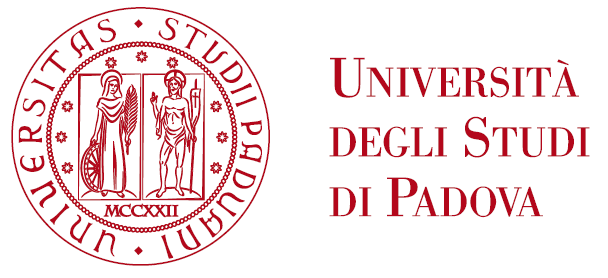Prof. Takeshi Saito, University of Tokyo
Etale cohomology and micro-local analysis
Thursday, October 9, 2025 - 16:30
Room 1C150 Torre Archimede
--- > Click here to reserve a seat <---
While Grothendieck and his school were constructing the theory of étale cohomology aimed at solving the Weil conjectures on zeta functions, Sato, Kashiwara, and their collaborators were establishing the theory of D-modules on complex manifolds. The two theories have very different origins, one in number theory, the other in partial differential equations. However, their similarities, notably the six operations and the analogy between wild ramification and irregular singularity, became increasingly apparent as these theories developed. Still, the microlocal aspects on the cotangent bundles, on the arithmetic side, remained to be discovered only recently.
After discussing the background, I will present recent developments on singular supports and characteristic cycles of étale sheaves on algebraic varieties of positive characteristic, anticipated by Deligne and constructed by Beilinson and myself. At the end, I will briefly introduce an emerging project in a mixed characteristic situation.
Short Bio
Takeshi Saito, professor of mathematics at the University of Tokyo, is an expert in arithmetic geometry, known especially for his fundamental contributions to ramification theory of local fields, étale cohomology, and Galois representations.
Takeshi Saito studied at the University of Tokyo under Kazuya Kato and received his doctorate in 1989. He began his career at the University of Tokyo as an assistant in 1987, was promoted to lecturer in 1990, assistant professor in 1992, and full professor in 1999.
Among his most influential works are a series of articles with Kazuya Kato on the Bloch conductor formula and ramification theory of varieties over perfect or local fields and a series of articles with Ahmed Abbes on ramification groups of local fields. His research on ramification theory culminated in 2017 with a milestone article establishing an algebraic theory of characteristic cycles in positive characteristic.
For further details, please refer to the official website.

